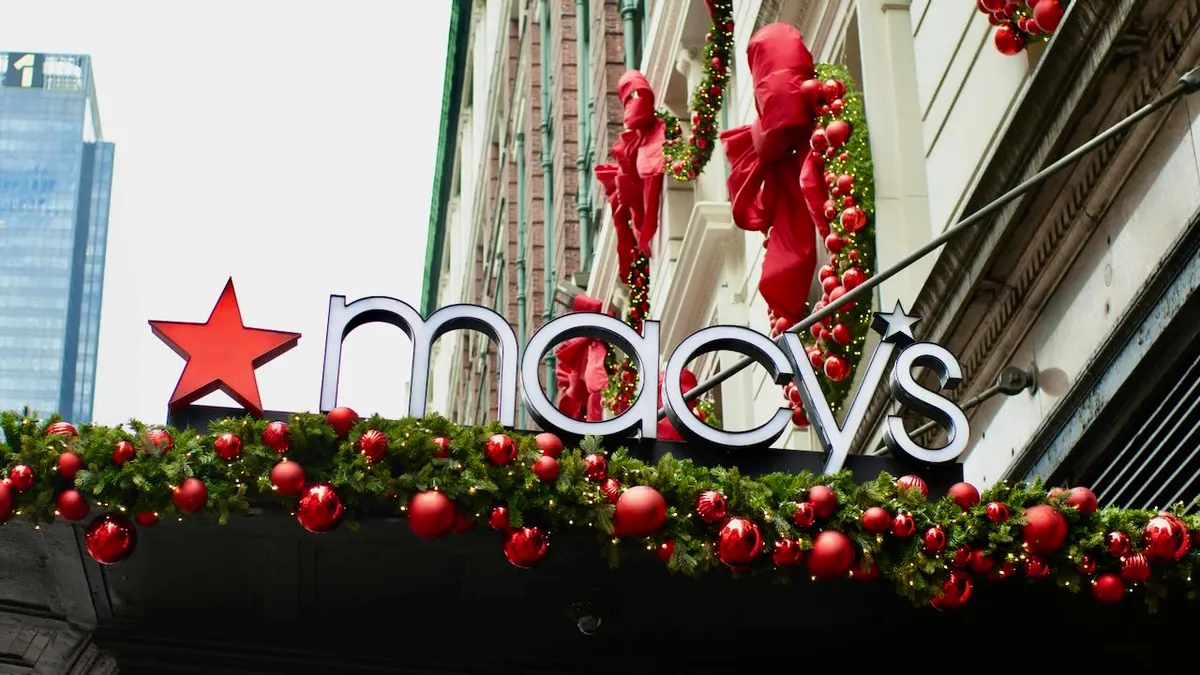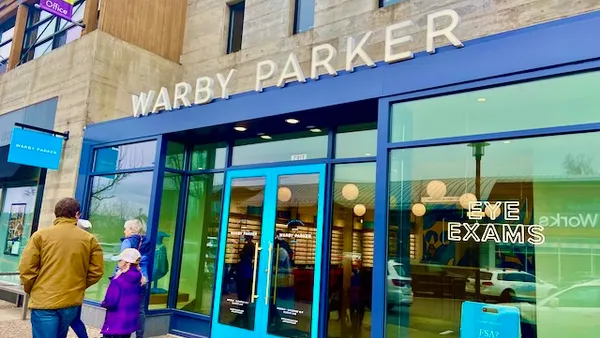UPDATE: January 18, 2019: Absolute Beauty, controlled by founder and former CEO of Beauty Brands Robert Bernstein, has submitted a bid for the retailer for $4.65 million that would keep 23 stores open and keep 875 jobs, according to court documents. In light of that bid, Beauty Brands' unsecured creditors have filed an objection to keeping Hilco, a company that would liquidate Beauty Brands' stores, as the stalking horse bidder in the case, and recommended Beauty Brands either hold an open auction or select Absolute Beauty as the stalking horse bidder. A hearing will be held at 10 a.m. to approve bidding procedures.
Dive Brief:
-
On Sunday, Beauty Brands, a Kansas City, Missouri-based retailer, filed for Chapter 11 bankruptcy protection, according to court documents. The retailer has entered into an asset purchase agreement with Hilco Merchant Resources for a sale of its operating assets, according to a company press release emailed to Retail Dive.
-
The retailer owes $6.9 million on a secured loan and $11 million in unsecured debt to suppliers and landlords, according to the documents.
-
The filing comes just a few weeks after the retailer announced it would be closing 25 stores and cutting down on corporate staff, lowering its footprint to 33. Beauty Brands noted that the remaining 33 stores would continue operating as it searches for a sale of its operating assets.
Dive Insight:
On the surface, the story of Beauty Brands sounds similar to many others that have filed for bankruptcy. The retailer expanded its store footprint too quickly and the stores failed to perform, leaving Beauty Brands with significant operating losses.
The retailer's declaration of first day motions claimed the company's "liquidity and financial position has been adversely affected by declining sales and rising costs associated with doing business as a predominantly 'brick and mortar' retailer," making it difficult for the retailer to replenish inventory.
Beauty Brands also suffered from an unsuccessful attempt to reposition its brand identity and store model, according to the documents, which included opening 11 new format store locations between 2014 and 2016, requiring "significant capital expenditures, deferral of other investment opportunities, and management's focus on the new format stores to the detriment of its existing store locations."
Although 25 stores will be shuttering, with 23 liquidated by Hilco and 2 shut down by Beauty Brands, according to a company spokesperson, management was quick to assert that operations would continue as usual at the remaining locations.
"As we move through the process, it will be business as usual at our 33 stores that remain open as we pursue a sale transaction," Caryn Lerner, CEO of Beauty Brands, said in a statement. "Our objective is to complete a sale of our 33 stores and emerge from Chapter 11 in a stronger position and move forward as a successful brand."
While similar to the stories of some of the other companies that entered bankruptcy in 2018 and earlier, it's an unusual story for the beauty sector, which has experienced such positive growth in the past few years. Top retailers like Sephora and Ulta continue to expand, and the popularity of the sector has also encouraged more traditional players in the space, including drugstores and department stores, to reexamine their approach to beauty and upgrade their own offerings.














